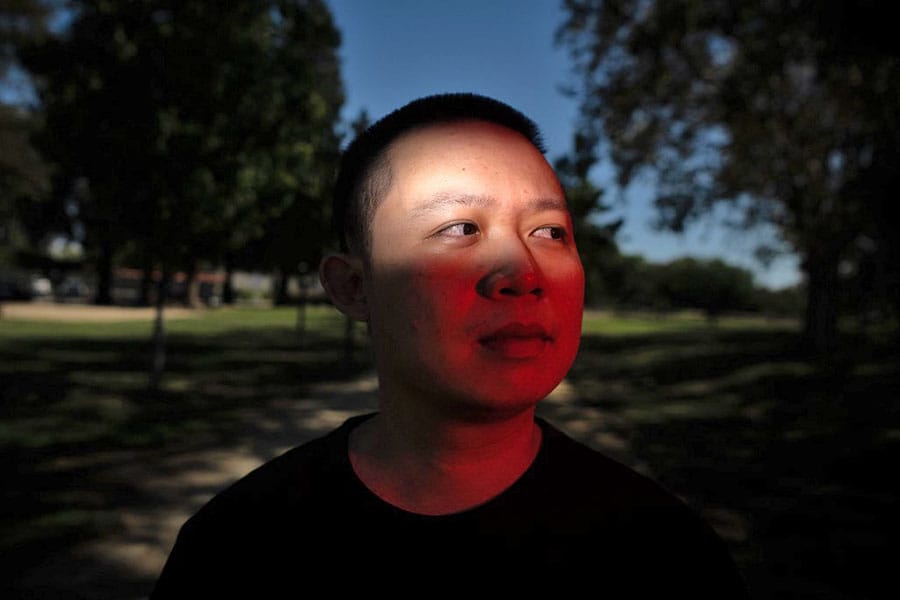
The censor cannot hold: Inside the pressure of controlling China's internet
Few people who have worked inside China's propaganda apparatus have told their stories. Even fewer are prepared to do so openly
 As a teenager in rural China, Zeng Jiajun (in picture) used his internet know-how to watch a banned documentary on the bloody military crackdown in Tiananmen Square. A decade later, he was part of the sprawling censorship machine that suffocates China's cyberspace, tasked with stopping the spread of anything the Communist Party does not want its people to know about. Image: Josh Edelson/AFP
As a teenager in rural China, Zeng Jiajun (in picture) used his internet know-how to watch a banned documentary on the bloody military crackdown in Tiananmen Square. A decade later, he was part of the sprawling censorship machine that suffocates China's cyberspace, tasked with stopping the spread of anything the Communist Party does not want its people to know about. Image: Josh Edelson/AFP
San José, United States: As a teenager in rural China, Zeng Jiajun used his internet know-how to watch a banned documentary on the bloody military crackdown in Tiananmen Square.
A decade later, he was part of the sprawling censorship machine that suffocates China's cyberspace, tasked with stopping the spread of anything the Communist Party does not want its people to know about.
"At first when I worked on this I didn't think much bigger because a job is a job," he said. "But deep inside I knew it was not aligned with my ethical standards. And once you work in this field for too long... the conflicts become stronger and stronger."
Now living in the heart of California's Silicon Valley, Zeng is an affable 29-year-old who wears the weight of his past experience lightly.







